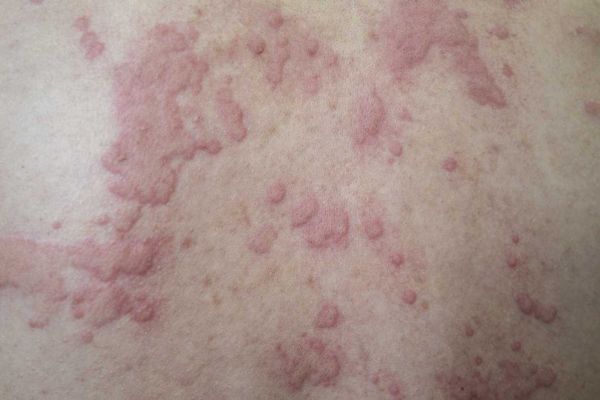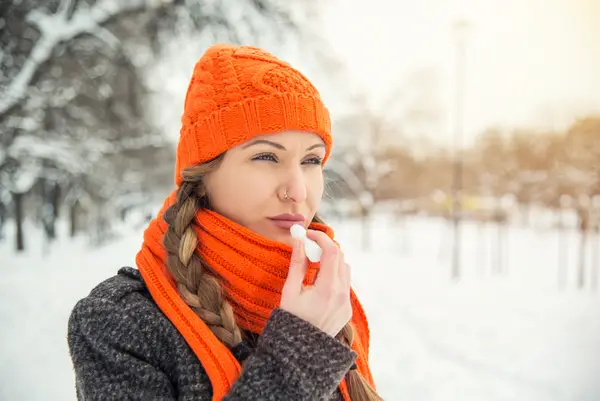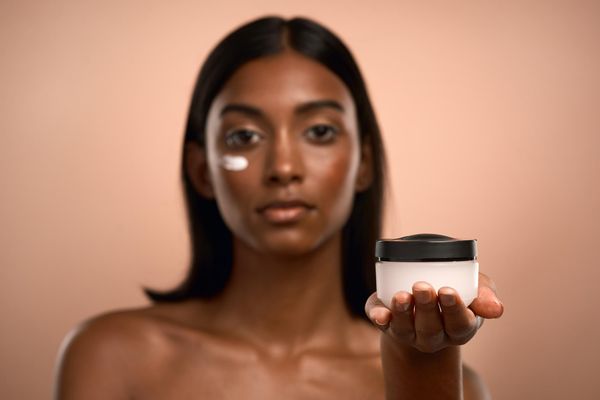Guest blogger: Eucerin Skin First Council Member Dr. Deborah S. Sarnoff
Winter is the most damaging time for everyone's skin. Because of the cold temperatures and lack of humidity, your skin has a hard time retaining moisture and is more likely to be chapped or compromised on its protective outside layer.
With older skin, winter weather poses even more of a concern, especially in women who may have paper-thin skin without the protective hair follicles that men have. When you're older, the turnover of the epidermis is much slower. Your skin is more prone to trauma, particularly on the hands which can be susceptible to paper cuts and cracks.
Because of these factors, I encourage my patients of every age to take a more proactive stance with their skin care regimen. There are many things you can do at home to help keep your skin healthy throughout the winter—the main thing is to remember to do them every day. However, if your skin feels compromised during the season, or you have a skin condition such as psoriasis that can be exacerbated by the cold weather, don't hesitate to make an appointment with a board-certified dermatologist.
When temperature starts to drop, switch to a more emollient moisturizer. It might feel a bit heavier, but a cream or ointment rich in lipids is a necessity. Also, certain products with alpha hydroxy acids have the ability to help rejuvenate the skin by enhancing collagen production, an important benefit during this drying season. Alpha hydroxy acids can also help with keratosis pilaris, those small bumps on the upper arms and thighs that so many women have. These bumps—though benign—can become itchy and red in winter and are soothed with a mild peeling moisturizer.
Eczema is a problem that can flare for some people during the wintertime. If you neglect to protect yourself, you can end up with severe dry patches. I suggest wearing your outdoor gloves the minute the leaves begin to change in October. I also recommend patients with eczema take fewer showers to avoid drying, and use water that's lukewarm, never hot. Make the showers short, and be sure and apply your moisturizer immediately after showering.
It is a good idea to slather your feet and hands with a daily skin cream, then go to bed wearing socks and white cotton gloves. It's an easy way to undo daily damage at night and treat painful cracks in the hands. If you're going to hand wash your clothing or dishes, make sure to get cotton-lined rubber gloves. Regular latex or vinyl gloves without a cotton lining make your hands sweat, which is the same effect as plunging your bare hands into water.
Adding a humidifier to your environment is helpful for every skin type. Even just keeping a bowl of water in your bedroom, which will evaporate in the air while you sleep, will help to replace the humidity your skin needs. Lastly, if you're going to be out in the sun, remember to wear your sunscreen. The reflection of sun off the ice or snow back up to your face, particularly on a mountaintop where the ozone layer is thin, can have even more damaging effects than it does at the height of summer.
These seemingly small steps should keep your skin healthy and problem free throughout the entire winter season.
Board-certified dermatologist Deborah S. Sarnoff, MD, is one of the country's preeminent specialists in cosmetic dermatology, laser surgery and Mohs surgery for the treatment of skin cancer. A Clinical Professor of Dermatology at NYU Langone Medical Center, she is also Senior Vice President of the Skin Cancer Foundation and in private practice in Manhattan and Long Island. Dr. Sarnoff is also a member of the Eucerin Skin First Council.







